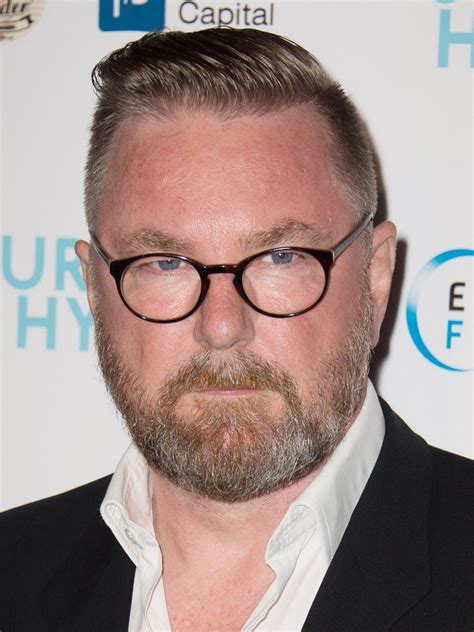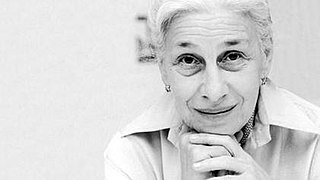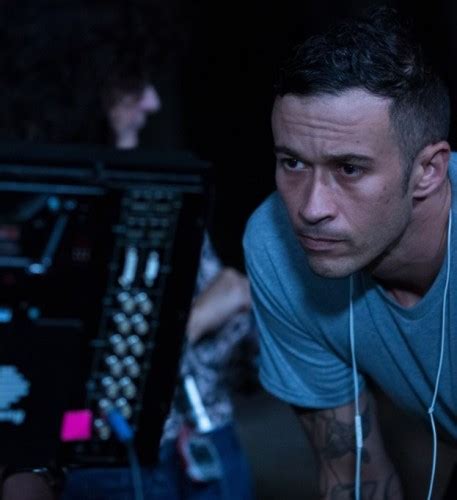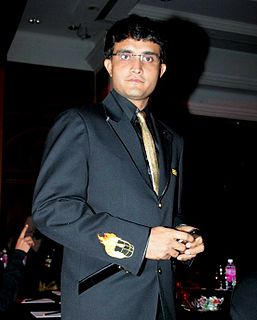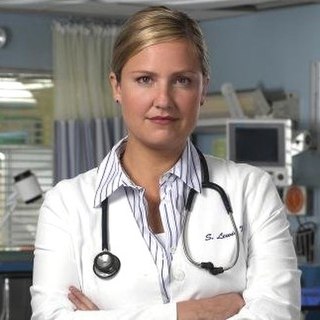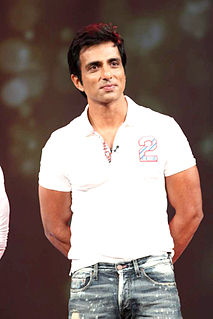A Quote by Michael Caton-Jones
When you pick up a script you want to do you generally have a theme you're trying to work with, and then it expands from that.
Related Quotes
The way I pick movies is, first, if the script is any good. Then, if the script is good, who else is in it, the director, the producer, all that. If you have all that, there's a chance the movie will be great. If the script isn't right, or the director or cast isn't right, you've got no shot in hell.
London cabs always dis me. I purposefully give them a good tip because I'm trying to straighten up the image where they don't want to pick up some shady-looking, bummy kid like myself. I'm trying to teach them that if you pick up the bummy-looking kid, you still get tipped, man. But they still jerk me around.
Part of why I wanted to produce was because I wanted the opportunity to work on projects I want to see. As a writer and as a director, I'm very specific about the kinds of things that I want to do. The opportunity that producing has given me is that by working with different writers and trying to get their movies made, or developing their script, or making their movies, every time I'm doing it, I'm learning and then bringing something to my own work. I like to think that there's a little bit of back and forth that goes on.
All directors make films in individual ways. But the classical kind of view of filmmaking is that you have a script, and it's very linear. There's a script, then you're going to shoot the script ,and then you cut that, and then that's the end of the film. And that's never really been how I've seen it.
People should always be wary of that because the precedent is set. And it's so much easier to build on a foundation than it is something that doesn't exist. So you see it as something that's happening to people that are not you. And then it expands, and it expands further. And then, one day, you're on a registry.
I found this really fantastic used record store in Japan, and I bought all these different records and different 45s, and one of the 45s was just, it had the theme, "Green Leaves of Summer," the theme to "The Alamo" on one side, and then on the flip side was a theme to, the theme to "The Magnificent Seven."
